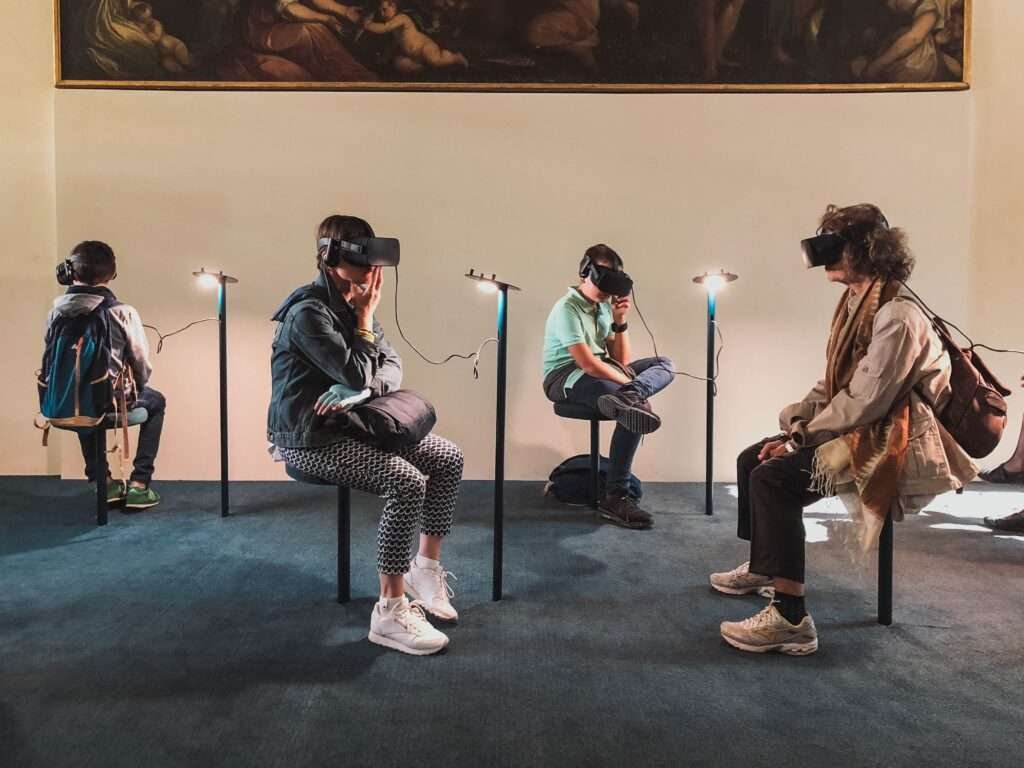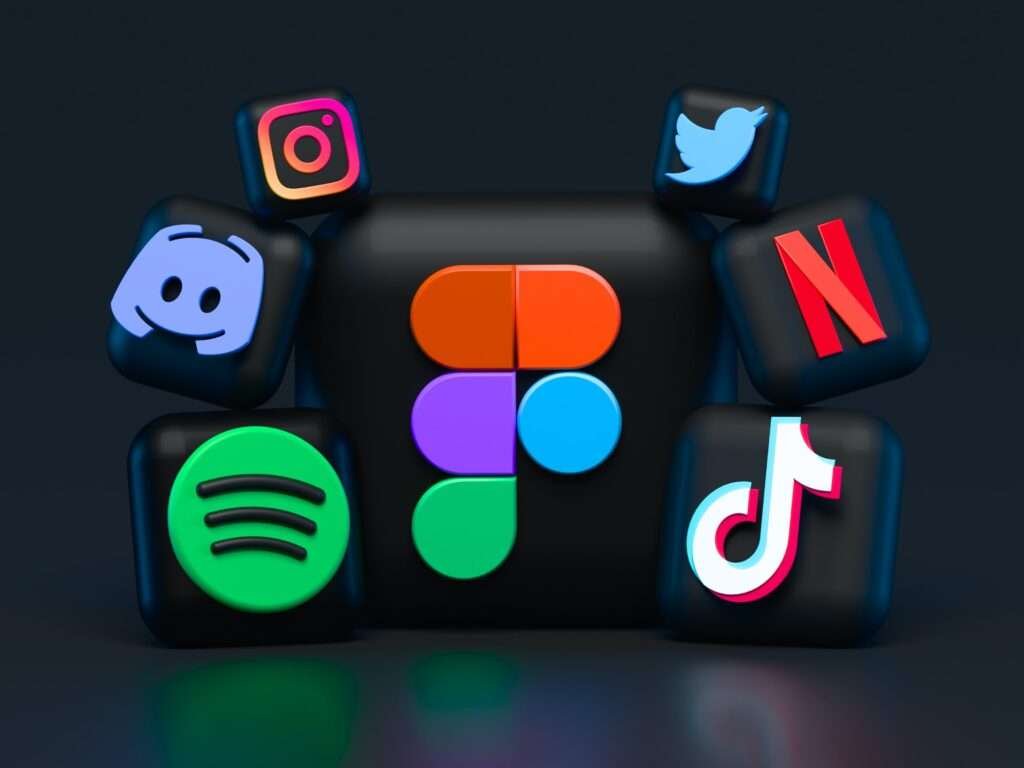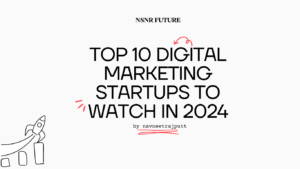The future of digital marketing is bright and full of opportunities. With the rapid advancement of technology and the increasing use of the internet, businesses of all sizes are starting to see the value in investing in digital marketing strategies.
One trend that is already starting to take hold is the use of artificial intelligence (AI) and machine learning in marketing. These technologies allow businesses to personalize their marketing efforts and target specific audiences with greater accuracy. For example, a clothing retailer can use AI to recommend products to a customer based on their previous purchases and browsing history.
Another trend that is expected to grow in the future is the use of chatbots and other conversational marketing tools. These tools allow businesses to communicate with customers in real-time, providing them with personalized and immediate assistance. This can help build trust and loyalty with customers, leading to increased sales and customer retention.
In addition to AI and chatbots, the use of video content in marketing is also expected to continue growing in the future. With the rise of platforms like YouTube and the increasing popularity of streaming services, video is a powerful way to reach and engage with customers. As the world becomes more connected, the importance of having a strong online presence will only continue to grow. Businesses that are able to effectively use digital marketing strategies will be well-positioned to succeed in the future.
Overall, the future of digital marketing looks bright and full of opportunities for businesses that are able to adapt and take advantage of new technologies and trends. As the digital landscape continues to evolve, it will be important for businesses to stay up-to-date and stay ahead of the curve in order to stay competitive
There are new types of Digital marketing trends


Increased use of AI and automation: Social media platforms are likely to continue incorporating AI and automation into their operations in order to improve user experiences and increase efficiency. For example, AI algorithms might be used to personalize the content that users see in their feeds, or to identify and remove spam or inappropriate content.
Social commerce


The rise of social commerce: Social commerce refers to the integration of e-commerce functionality into social media platforms, allowing users to purchase products directly through the platform. This trend is likely to continue growing in the coming years, as it makes it easier for consumers to discover and purchase products and for businesses to reach new customers.
Greater emphasis on privacy: As concerns about data privacy have grown in recent years, social media platforms may place a greater emphasis on protecting user data and giving users more control over their privacy settings. This could involve things like providing more granular privacy controls, improving data security measures, and being more transparent about how user data is collected and used.



Video Media
Increased use of video: Video content is already a popular format on social media, and it’s likely to become even more important in the coming years. This could include everything from short-form video platforms like TikTok, to live streaming on platforms like Facebook and Instagram, to more traditional video content like vlogs and documentaries.
The emergence of new social media platforms: It’s difficult to predict which new social media platforms will rise to prominence in the coming years, but it’s likely that they will offer unique and innovative features that set them apart from existing platforms. These could include new technologies like virtual or augmented reality or new ways of connecting with friends and family online.
Influencer marketing on social media



The growth of social media influencer marketing: Influencer marketing involves businesses partnering with social media users who have a large following in order to promote their products or services. This trend is likely to continue growing in popularity as a way for companies to reach new audiences and build brand awareness.



Virtual Reality
The integration of social media and virtual reality: As virtual reality technology continues to advance, it’s possible that social media platforms will incorporate VR elements into their offerings, allowing users to have more immersive and interactive experiences. This could involve things like virtual reality events or meetups, or the ability to visit virtual locations and interact with other users in a virtual space.

Voice Media


Voice media refers to media that is consumed through voice-based technology, such as voice assistants like Amazon’s Alexa or Google Assistant, or smart speakers like the Amazon Echo or Google Nest. Voice media can include a wide range of content, including music, podcasts, audiobooks, news, and other types of audio content that can be accessed and controlled using voice commands.






